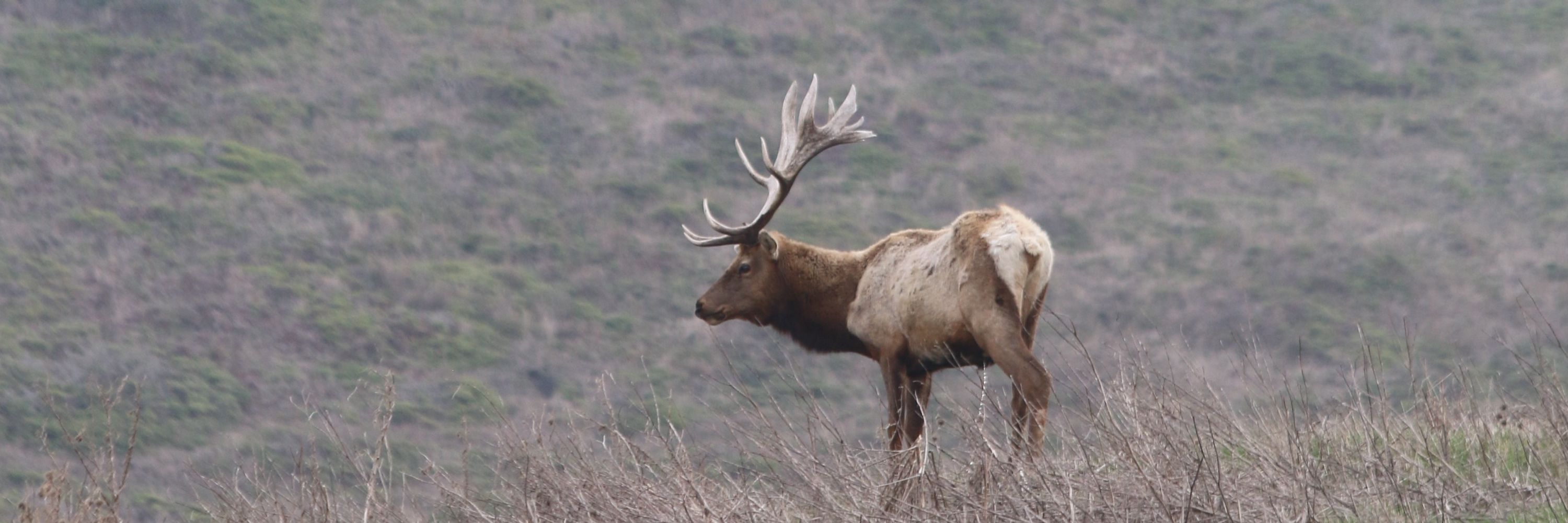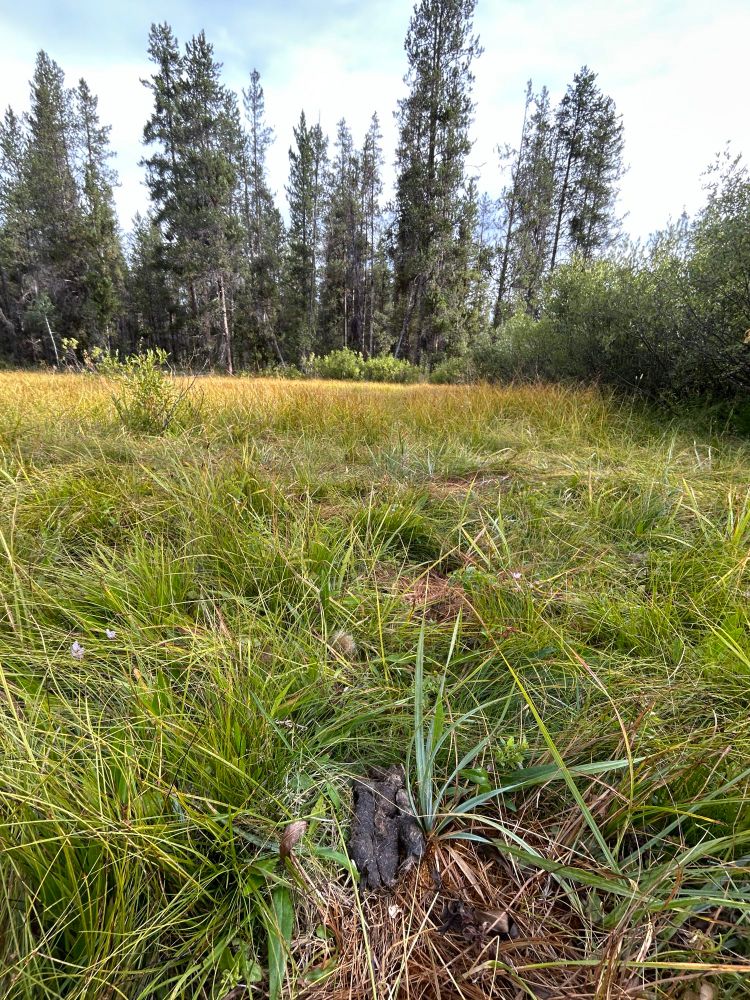
https://www.bassinglabecology.org/



















1. Habitat features influenced occupancy at the seasonal time scale and most predator occupancy was unrelated to the presence of other predators.

1. Habitat features influenced occupancy at the seasonal time scale and most predator occupancy was unrelated to the presence of other predators.





DM me if you want a copy!



DM me if you want a copy!















